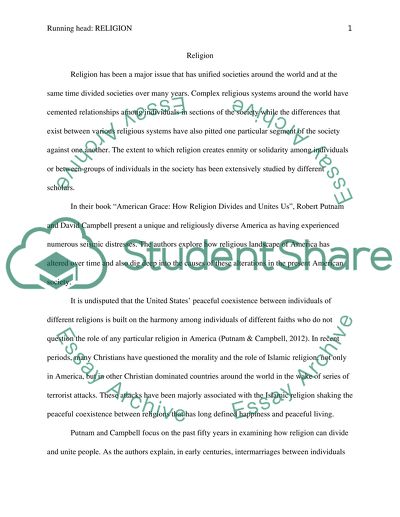Cite this document
(“Religious Systems Essay Example | Topics and Well Written Essays - 1000 words”, n.d.)
Retrieved from https://studentshare.org/english/1497934-religious-systems
Retrieved from https://studentshare.org/english/1497934-religious-systems
(Religious Systems Essay Example | Topics and Well Written Essays - 1000 Words)
https://studentshare.org/english/1497934-religious-systems.
https://studentshare.org/english/1497934-religious-systems.
“Religious Systems Essay Example | Topics and Well Written Essays - 1000 Words”, n.d. https://studentshare.org/english/1497934-religious-systems.


